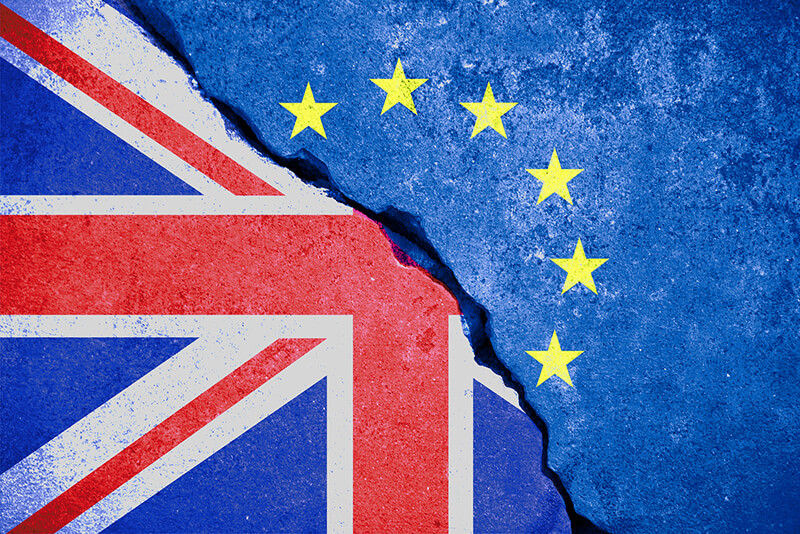Blimey! What a cock-up!
That is what you might say in London vernacular about the mess that Britain is dealing with as it struggles to leave the European Union by March 29, 2019.
With the deadline in clear line of sight, there is no exit plan and Britain is becoming — depending on whom in the Great British Divide you ask — either critically alarmed or hysterically impatient.
British industry and the whole import-export infrastructure are in panic. Supply lines need to be adjusted and possibly new ones established. Manufacturers are wondering whether it will be possible to continue as Britain-based or whether they should up and move to Europe. The British motor industry, which is not owned in the United Kingdom any longer, is a case in point. Jaguar and Land Rover may be iconic marques, but they are Indian-owned, and will they always be made in Coventry, England? Can London remain the financial center of Europe when Paris, Dublin and Frankfurt are scrambling for the title?
On the impatient side, Brexiteers are screaming for an end to the European linkage no matter what.
In the middle, and in a muddle, is Prime Minister Theresa May, distrusted by the extreme Brexit supporters and considered incompetent by the “Remainers,” who still hope that there will be a miraculous reprieve from the referendum vote of June 29, 2016.
Collectively, the British media is not helpful. Most of the press (especially but not exclusively those newspapers controlled by Rupert Murdoch) is for leaving, often vociferously so. When it appeared, in the latest development, that more time may be granted for Britain to find solutions to the thorniest issues like the Irish border question, they howled in unison for faster action.
The newspapers, representing almost the entire readership of daily newspapers in Britain, have fought for Brexit and fight against reconsideration: The Daily Mail, The Daily Telegraph, The Times and The Sun are adamantly and relentlessly for Britain getting out, mostly with little regard to the consequences.
You cannot consider these newspapers without understanding that they have played the same role as Fox News in the United States in inflaming nationalism and worries about sovereignty — a word that has been taken out of history’s locker for the purpose of stirring up antagonism to Europe.
The newspapers I have cited have been aggressively antagonistic to Europe for decades and were, it could be argued, decisive in the “advisory” referendum in which the British public voted to leave Europe by 51.9 percent to 48.1 percent. The die was cast for the most extraordinary change of direction ever voted by a democracy.
The Brexiteers had the advantage of passion, a well-oiled disinformation campaign and the wild-card endorsement of Boris Johnson, the clownish but clever politician who wants to be prime minister beyond all else. David Cameron’s government, which called the referendum, misjudged the electorate through over-reliance on the polls.
Hopes that Parliament will finally assert itself, take charge of Brexit and call another referendum or nullify the first on the grounds that it was not constitutionally binding, are fading. There is wide acceptance in Britain that the nation is set to sail into waters uncharted — stormy but somehow having the lure of the nation’s explorer past.
Economists are not so sure, and business is looking at decampment to the European mainland.
The Brexiteers see a glowing new era for Britain, which shed its empire with little pain at home, and they may feel this will happen again. British creativity has always been one of its great strengths; for example, creativity in technology that contributed to the success of the empire, including John Harrison’s chronometer and James Watts’s steam engine.
The British will continue to create, to be sure. But how will they sell their creations if they have exempted themselves from their largest market?
The United States, if we do not choke off all immigration, can look forward to a surge of British talent coming across the Atlantic.

 Follow
Follow
Leave a Reply